YEKATERINBURG, Russia: Aside from personal protective equipment (PPE), high-volume aspirators are recommended in dental clinics during the SARS-CoV-2 pandemic. In a recent study, researchers from the Ural Branch of the Russian Academy of Sciences (UB of RAS) in Yekaterinburg compared different types of aspirating systems and found that factors such as filters and operating mode affected the incidence of SARS-CoV-2 among dental teams.
According to lead author Dr Maria Sarapultseva from the Institute of Immunology and Physiology of UB of RAS, data and research results on aerosols and droplets in relation to SARS-CoV-2 transmission have been shared widely; however, the possible influence of one of the most effective and basic methods of aerosol control—namely aspirating systems—has been neglected. “Probably, these devices have become so common that they are perceived by specialists as part of a dental unit. When we realised this problem, we decided to study it,” she said.
The research team analysed data on the seroprevalence of SARS-CoV-2 among 157 dentists and dental assistants in three dental clinics in Yekaterinburg from May to August 2020. All participants underwent serological antibody testing once a week.
Clinics A and B used a V 6000 aspirating system (DÜRR DENTAL) with a vacuum controller and high-efficiency particulate air (HEPA) filters, which evacuates aspirated aerosols and air and dissipates these into the atmosphere. While the aspirating system in Clinic A ran in dry mode, the system in Clinic B operated in semi-dry mode. Clinic C used a VS 900 aspiration vacuum pump (DÜRR DENTAL), which discharges the aspirated aerosols and air into the dental operatory and is not supplied with HEPA filters. All dental clinics followed the same recommendations for dental patient management and types of PPE used. The area of the dental operatories, treatment protocols, mean age of the dental healthcare workers and working schedules did not differ between clinics.
The results of the study revealed significant differences across clinics with regard to positive results on SARS-CoV-2 antibody testing. Clinic C had the highest percentage of individuals who tested positive: 36.6% dentists and dental assistants. Antibody testing produced one positive result in Clinic A and three positive results in Clinic B (1.8% and 5.0%, respectively).
Hence, prevalence of SARS-CoV-2 infection was significantly higher in Clinic C, which used the aspirating system which did not utilise HEPA filters, and it was significantly lower in Clinic A, which did utilise HEPA filters and operated in dry mode. The researchers believe the operating mode may be an important factor—aside from the filter—as the separation of aspirated fluids from the air occurs at every treatment unit in dry suction systems, whereas in semi-dry suction systems, the separation is achieved via a central separation unit connected to multiple treatment units.
“Based on the results of the study, we can conclude that the use of aspirating systems installed with HEPA filters, which evacuate and dissipate aerosols into specialised areas but not into the operatories, may prevent the spread of viral infections among dental staff,” summarised co-author Dr Alexey Sarapultsev from the Institute of Immunology and Physiology of UB of RAS.
He added: “Such systems can significantly reduce the risk of becoming infected during the pandemic even with the use of standard rather than reinforced sets of PPE.”
Sarapultseva emphasised that dental clinics should not only pay attention to interface, ergonomics, design and price when choosing an aspirating system, but consider efficiency, technical characteristics and barrier properties as equally important. “Thanks to these features, it is possible to significantly reduce the risks of aerosol transmission of viral infection, which is especially important in the modern world,” she concluded.
The study, titled “SARS-CoV-2 seropositivity among dental staff and the role of aspirating systems”, was published online on 5 February 2021 in the JDR Clinical and Translational Research, ahead of inclusion in an issue.
Tags:
SACRAMENTO, Calif., U.S.: An increasing number of dental offices implement video surveillance systems to ensure their own and patient security, aid in loss ...
BERLIN, Germany: German manufacturer Vysinol has announced the upcoming market launch of an innovative, alcohol-free disinfectant developed specifically to ...
CHICAGO, US: The American Dental Association (ADA) Science and Research Institute and the University of Pittsburgh School of Dental Medicine in the US have ...
While nightguard vital bleaching is the most used treatment modality for whitening of discoloured teeth, in-office tooth whitening procedures that use a ...
CHICAGO, U.S.: Dental practices are suffering from the impact of SARS-CoV-2 and the substantial economic loss brought about by contact restrictions and ...
CHICAGO, U.S.: Action to combat the overprescription of antibiotics and the consequent development of antibiotic-resistant bacteria is desperately needed. A...
NEW YORK, U.S.: Weave, a Utah-based startup company and one of the fastest-growing companies in technology, has taken the opportunity at the 2019 Greater ...
CHARLOTTE, N.C., US. A comprehensive clinical study has shown that endodontic treatment protocols incorporating Reciproc instruments (Dentsply Sirona) ...
XI’AN, China: Digital technologies are reshaping the management of edentulism by streamlining the restorative workflow for complete dentures. Compared ...
WASHINGTON, U.S.: The SARS-CoV-2 pandemic is still ongoing, and countless stakeholders in the dental industry are feeling its effects. In an attempt to ...
Live webinar
Tue. 3 March 2026
11:00 am EST (New York)
Dr. Omar Lugo Cirujano Maxilofacial
Live webinar
Tue. 3 March 2026
8:00 pm EST (New York)
Dr. Vasiliki Maseli DDS, MS, EdM
Live webinar
Wed. 4 March 2026
12:00 pm EST (New York)
Munther Sulieman LDS RCS (Eng) BDS (Lond) MSc PhD
Live webinar
Wed. 4 March 2026
1:00 pm EST (New York)
Live webinar
Fri. 6 March 2026
3:00 am EST (New York)
Live webinar
Tue. 10 March 2026
4:00 am EST (New York)
Assoc. Prof. Aaron Davis, Prof. Sarah Baker
Live webinar
Tue. 10 March 2026
8:00 pm EST (New York)
Dr. Vasiliki Maseli DDS, MS, EdM



 Austria / Österreich
Austria / Österreich
 Bosnia and Herzegovina / Босна и Херцеговина
Bosnia and Herzegovina / Босна и Херцеговина
 Bulgaria / България
Bulgaria / България
 Croatia / Hrvatska
Croatia / Hrvatska
 Czech Republic & Slovakia / Česká republika & Slovensko
Czech Republic & Slovakia / Česká republika & Slovensko
 France / France
France / France
 Germany / Deutschland
Germany / Deutschland
 Greece / ΕΛΛΑΔΑ
Greece / ΕΛΛΑΔΑ
 Hungary / Hungary
Hungary / Hungary
 Italy / Italia
Italy / Italia
 Netherlands / Nederland
Netherlands / Nederland
 Nordic / Nordic
Nordic / Nordic
 Poland / Polska
Poland / Polska
 Portugal / Portugal
Portugal / Portugal
 Romania & Moldova / România & Moldova
Romania & Moldova / România & Moldova
 Slovenia / Slovenija
Slovenia / Slovenija
 Serbia & Montenegro / Србија и Црна Гора
Serbia & Montenegro / Србија и Црна Гора
 Spain / España
Spain / España
 Switzerland / Schweiz
Switzerland / Schweiz
 Turkey / Türkiye
Turkey / Türkiye
 UK & Ireland / UK & Ireland
UK & Ireland / UK & Ireland
 Brazil / Brasil
Brazil / Brasil
 Canada / Canada
Canada / Canada
 Latin America / Latinoamérica
Latin America / Latinoamérica
 USA / USA
USA / USA
 China / 中国
China / 中国
 India / भारत गणराज्य
India / भारत गणराज्य
 Pakistan / Pākistān
Pakistan / Pākistān
 Vietnam / Việt Nam
Vietnam / Việt Nam
 ASEAN / ASEAN
ASEAN / ASEAN
 Israel / מְדִינַת יִשְׂרָאֵל
Israel / מְדִינַת יִשְׂרָאֵל
 Algeria, Morocco & Tunisia / الجزائر والمغرب وتونس
Algeria, Morocco & Tunisia / الجزائر والمغرب وتونس
 Middle East / Middle East
Middle East / Middle East
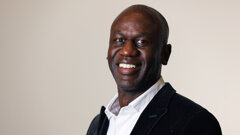
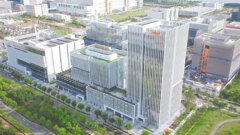
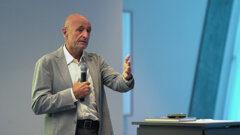
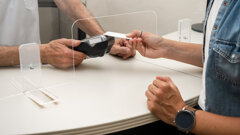
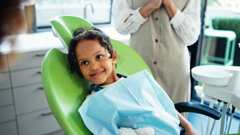





















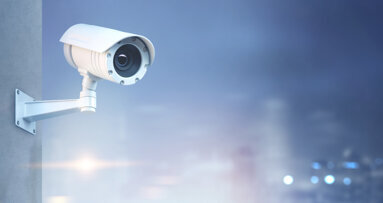
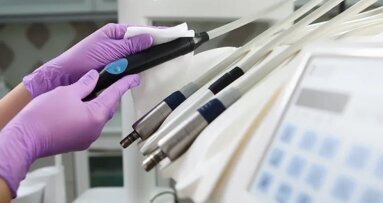
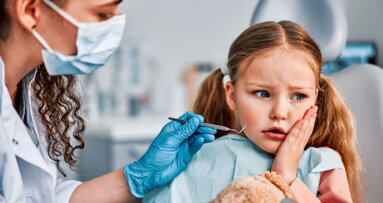
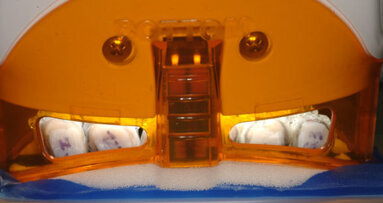
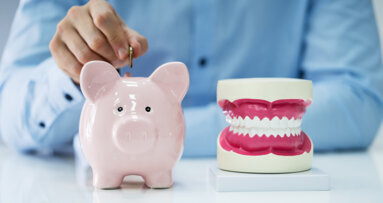
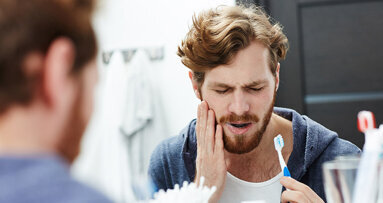
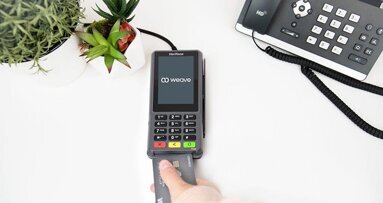
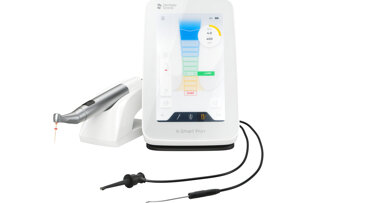
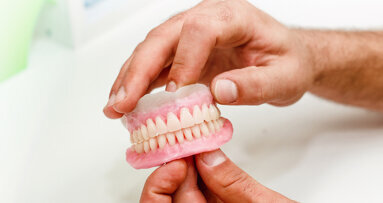








To post a reply please login or register